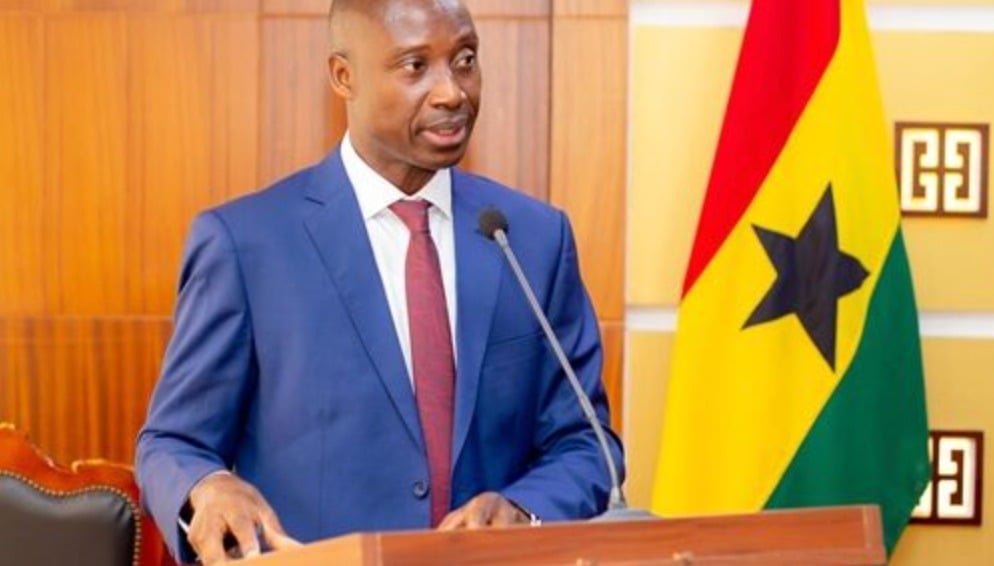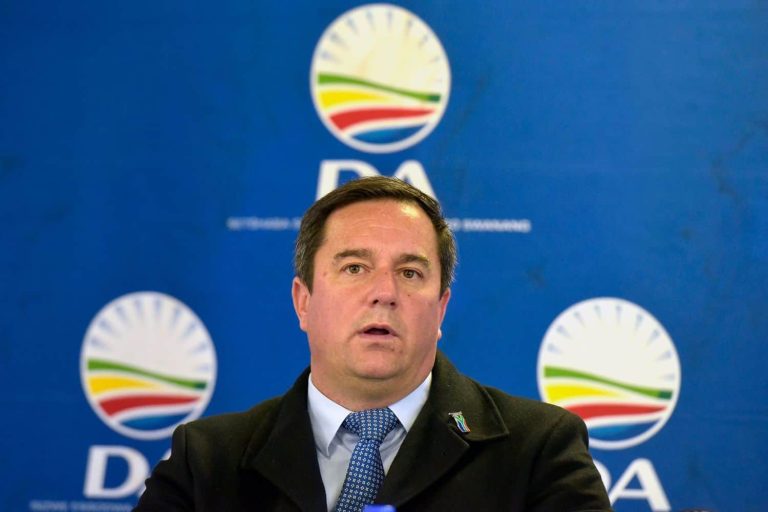
Ghana’s inflation rate fell sharply to 9.4% in September 2025, marking the lowest level the country has seen since August 2021. This represents a significant drop from the 11.5% recorded in August, reflecting growing signs of macroeconomic stability.
The announcement was made by Alhassan Iddrisu, Ghana’s Government Statistician, during a briefing with journalists on Wednesday.
“The steady drop in inflation shows a sustained shift in prices, signaling that Ghana is firmly on the path to macroeconomic stability,” Iddrisu said.
According to him, the decline was largely driven by lower food inflation, while non-food prices remained more stable.
Central Bank Moves Support Inflation Decline
The development follows the Bank of Ghana’s decision earlier in September to cut its benchmark interest rate by a record 350 basis points, bringing it down to 21.5%.
This was the second major rate cut in 2025, with the central bank citing declining inflation and stronger fiscal performance.
“The decision reflects a sustained decline in inflationary pressures and the expectation of continued fiscal consolidation,” said Governor Johnson Asiama.
The Bank also projected that inflation would settle within its medium-term target range of 6% to 10% by Q4 2025.
Ghana is currently recovering from its worst economic crisis in decades. Just nine months ago, in December 2024, the inflation rate soared to 23.8%, capping a year of severe economic stress.
Inflation had begun climbing in September 2024, rising from 21.5% to 22.1% in October and 23% in November, before peaking in December.
With this latest drop, analysts say the country appears to be turning a corner, aided by strong monetary interventions and improved supply chain dynamics, especially in the food sector.



